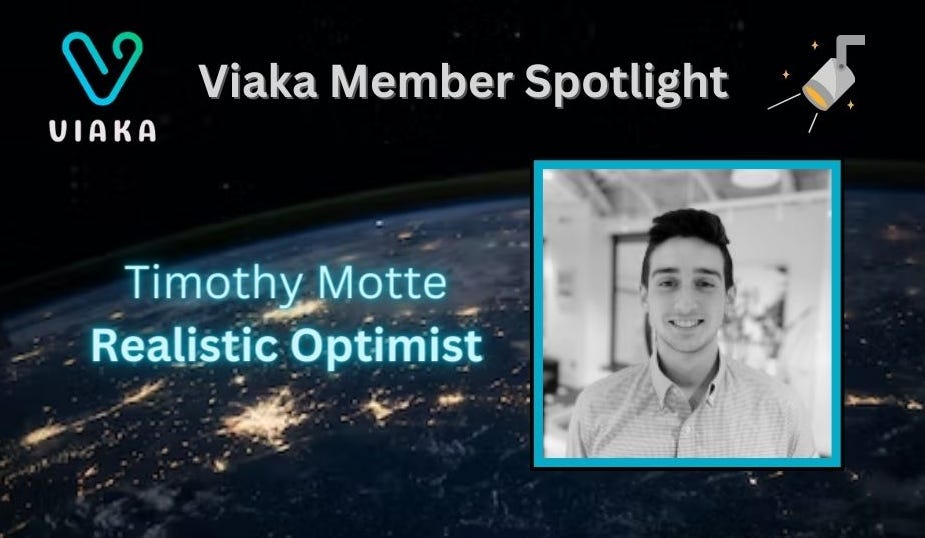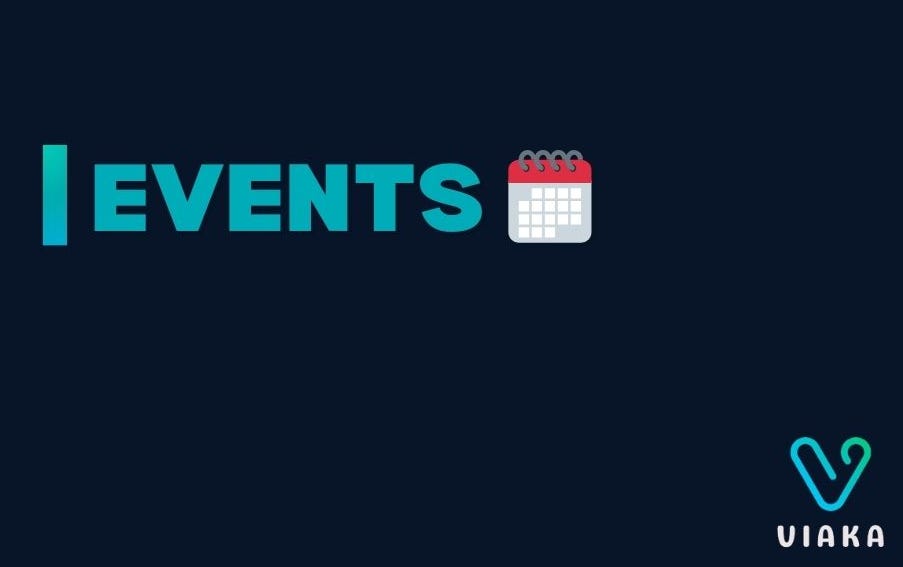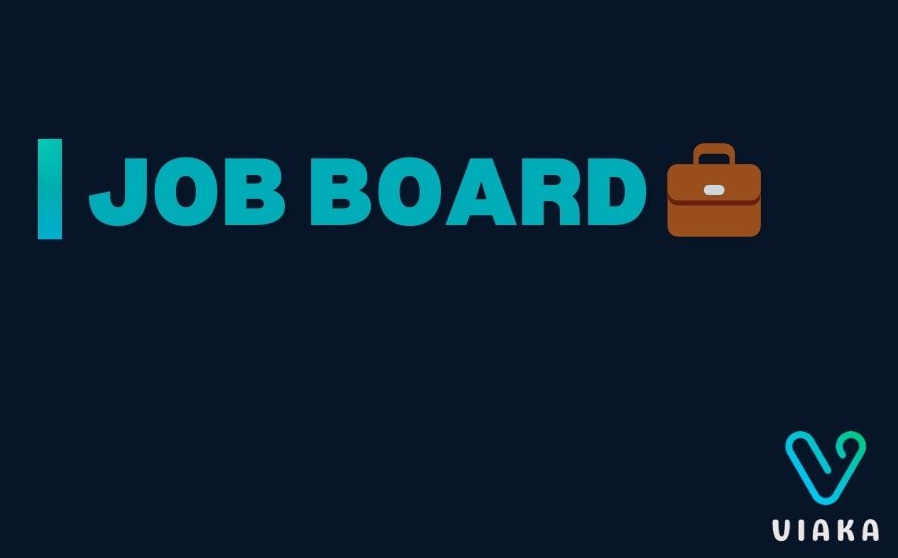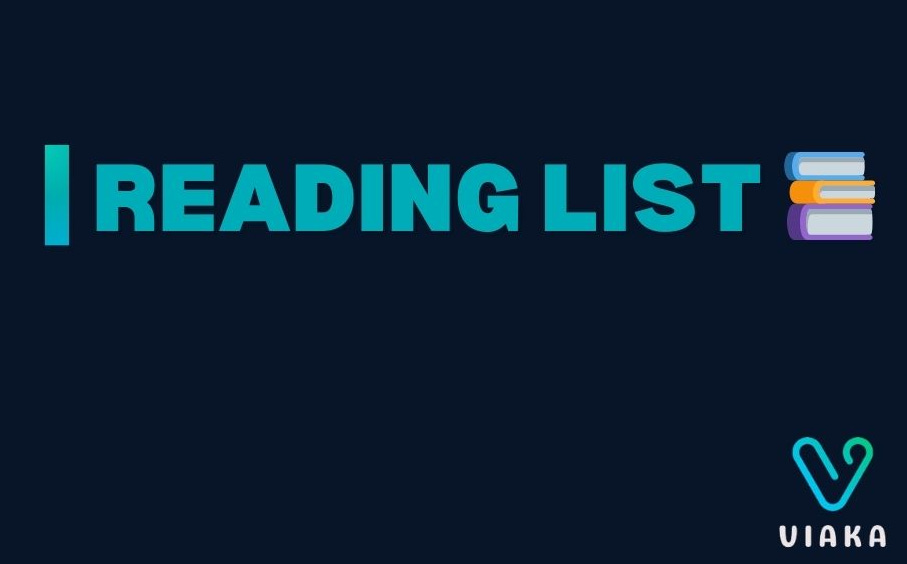The need for (truly) global startup media with Timothy Motte (Realistic Optimist)
Viaka member Timothy Motte is the founder of the Realist Optimist, a paid publication making sense of the recently-globalized startup scene.
Our weekly newsletter shines a spotlight on members of our Viaka Network. Plus, you'll find relevant job postings, upcoming events, and reading materials. Subscribe below!
Ramadan Kareem insha’allah to all members observing!
Tim has been a long time friend of Viaka - from setting the initial framework in place for this very newsletter, to hosting one of our first virtual events last year about the Lebanese ecosystem. In certain ways, his first startup - GrowHome - was a precursor and inspiration for Viaka itself. He’s got a keen eye for media and investigating startup ecosystem across the world.
— Hani
Preamble
The tech startup phenomenon is looking increasingly global. While an imperfect proxy, the intercontinental growth of VC funding tells a powerful tale.
Between 2012 and 2022, VC funding in Europe (Britain included) rose from approximately $9.6B to $100.5B. During the same period, VC funding in LATAM rose from $371M to $8.3B. Between 2016 and 2022, VC funding in Africa rose from $366.7M to $5.2B. This VC funding growth is also observed in Asia, despite this year’s slowdown. One gets the point.
More and more, seemingly anecdotal data points point to a new paradigm. A Japanese conglomerate bets big on LATAM’s tech founders. A Mexican unicorn acquires an Omani competitor. A Singaporean sovereign wealth fund invests in a late-stage French startup. The startup game, ladies and gentleman, is now inherently global.
That sudden globalization ushers in novel complexities. Different countries have different socio-economic makeups, governance models and infrastructure maturity. Launching a startup in Sudan differs from launching a startup in Estonia which differs from launching a startup in Brazil. Despite these variations, Silicon Valley’s robust yet unadapted startup literature is the only resource many of these new founders have on hand.
Hence the need for a new body of work. A weekly publication, forced to stay relevant due to its consistent posting cadence, appears like an adequate medium.
The dynamic trio
A global-minded, analytical, independent startup publication serves three purposes.
Adapting what we know
Decades of trial and error have bestowed Silicon Valley with nuggets of wisdom on how to build startups. These lessons are valuable but need to be adapted to the earlier context many nascent startup ecosystems find themselves.
The creation of a VC ecosystem is a good example. In many young ecosystems, local institutional money is reluctant to invest in startups. That’s problematic, since the US has shown that institutional money is the VC industry’s backbone.
This new media publication could analyze how France kickstarted its local VC scene through a hyper-active, government-owned VC. Lessons from Bpifrance’s experience could then serve an even younger ecosystem, such as Tunisia, which will have an easier time relating to the French context than the American one.
By doing so, readers of this publication would better understand burgeoning ecosystems’ intricacies. Instead of leaning on the unrelatable American example, readers could compare and contrast similar ecosystems. This should render a deeper, more localized understanding of whatever topic is at hand.
Documenting the playbook for novel challenges
Sometimes, adapting Silicon Valley’s literature won’t suffice. Some startup ecosystems face challenges unbeknownst to most Silicon Valley founders, such as hyperinflation, brain drain, or extremely low buying power. Since Silicon Valley’s gurus haven’t faced these issues, they haven’t written the playbook on how to solve them.
This new publication could fill that gap. It could explore how founders in Lebanon are dealing with hyperinflation, which could serve Argentinian founders suffering from similar woes. It could dig into how a Sudanese fintech founder is handling a civil war, helping Ukrainian VCs guide their portfolio through war on their soil. It could delve into sovereign wealth funds’ venture capital forays, sprouting interest from emerging market VCs struggling to convince local LPs.
In doing so, this media publication would document the fresh playbooks devised for challenges Silicon Valley doesn’t face. For this new global breed of founders and investors, the answer to their predicaments is probably found in a socio-economically similar ecosystem rather than in the Silicon Valley gospel.
Charting new paths
Many new national ecosystems around the world have gotten their “ecosystem v1” out the door by copy-pasting Silicon Valley’s mantras, and stitching together financial support the best they could. Ecosystem v1s are, logically, messy.
As these ecosystems grow and their v1 starts to fray, a v2 seems imminent. This publication could chronicle the conversations leading up to those v2s.
It could share an op-ed by a Libyan founder arguing that private equity might be more adapted to African tech than venture capital. Or a deep dive into how foreign aid organizations are impacting young ecosystems and what a more desirable future could look like.
Conclusion
To be effective in its quest, this publication would have to be mindful of its business model. A wise man once said “show me the incentive, I’ll show you the outcome”.
Its business model should sanctify editorial independence while ensuring that the production of valuable content remains its sole incentive.
A fully-subscriber funded model, one where bottom-line growth is only correlated with reader satisfaction, sounds like a reasonable attempt at such an ideal.
The Realistic Optimist has been building such a publication. It is still a tightly guarded secret, but one which almost 100 people have already gotten their wallets out for. Those readers hail from many backgrounds. They work at, or lead, Endeavor, Sturgeon Capital, eBanx, Julaya, GEN, 500 Global, Wave, Quona Capital, and Verod-Kepple to name a few.
What these (deeply cherished) readers have understood is the following: the startup scene is now global. And reading The Realistic Optimist is a great way to start understanding what that means.
This piece was initially published in the Realistic Optimist.
**Timothy is moderating Viaka’s next panel discussion on Iraq’s Startup Ecosystem on March 26th. Register to attend here.**
Below is a list of upcoming events from the Viaka Network & beyond over the next couple of weeks:
How to recruit (for non-recruiters) workshop - March 21st (Virtual)
An Introduction to Iraq’s Startup Ecosystem - March 26th (Virtual)
Broader Community:
Pro fundraising tips with SVB & NFX - March 26th (In-Person, SF)
ABANA Iftar - March 27th (In-Person NYC)
If you’d like to share an event in this newsletter, we encourage you to join the Viaka Network and share the event with info@viaka.net!
Recent job openings from the Viaka Network & beyond. If you apply, let me know so I can also make a personal introduction.
Silicon Foundry is hiring two Principals; one based in SF and the other in the UAE
New York Life Ventures is hiring a Head of Platform in New York
If you’d like to share a job posting in this newsletter, we encourage you to join the Viaka Network and share the event with info@viaka.net!
Network members are encouraged to submit media suggestions to our Reading List
MENA Startups in 2024 (Phillip Bahoshy, Realistic Optimist)
Viaka Food & Bev Demo Day (Recording)
That’s it for this week. Thank you! 👋
Like what you see? Here are some things you should do:









